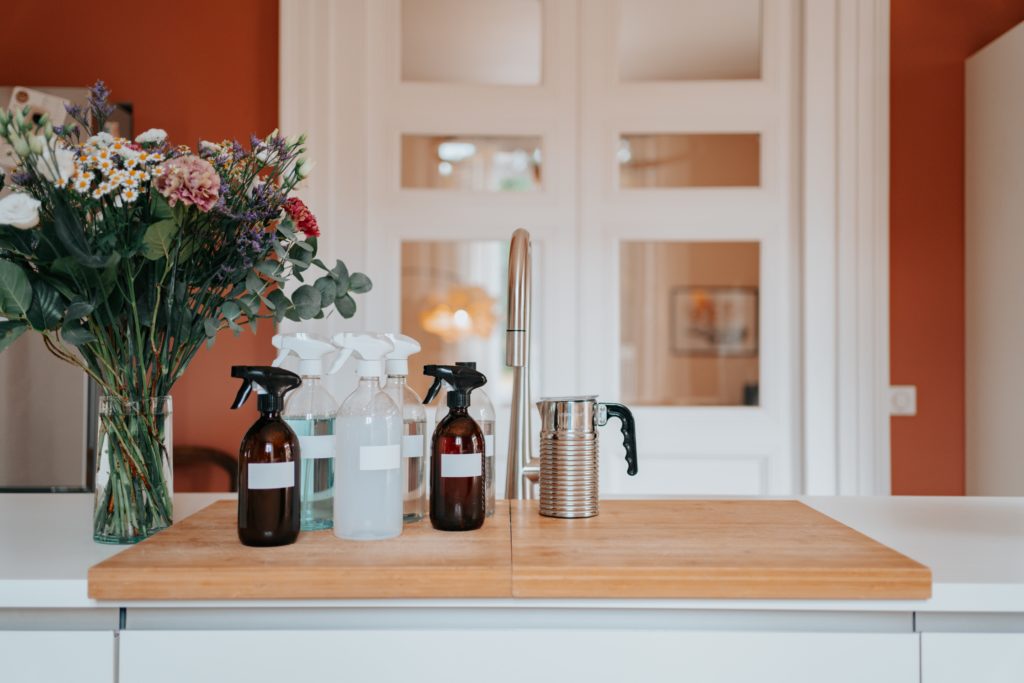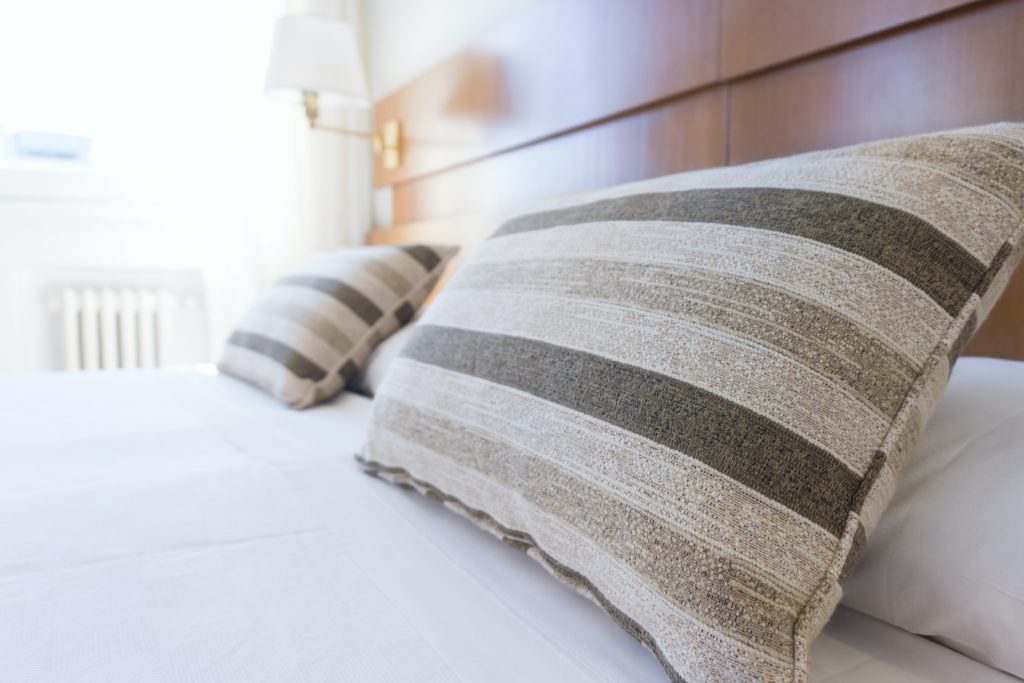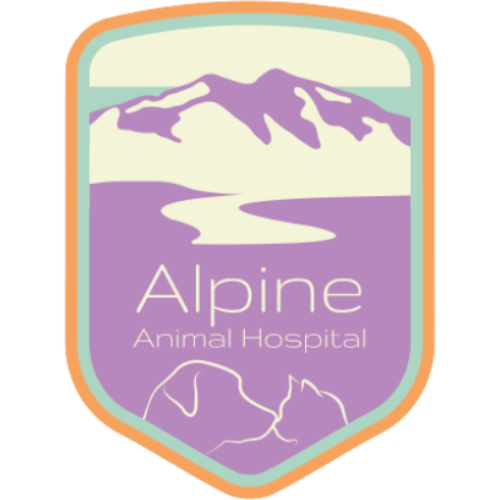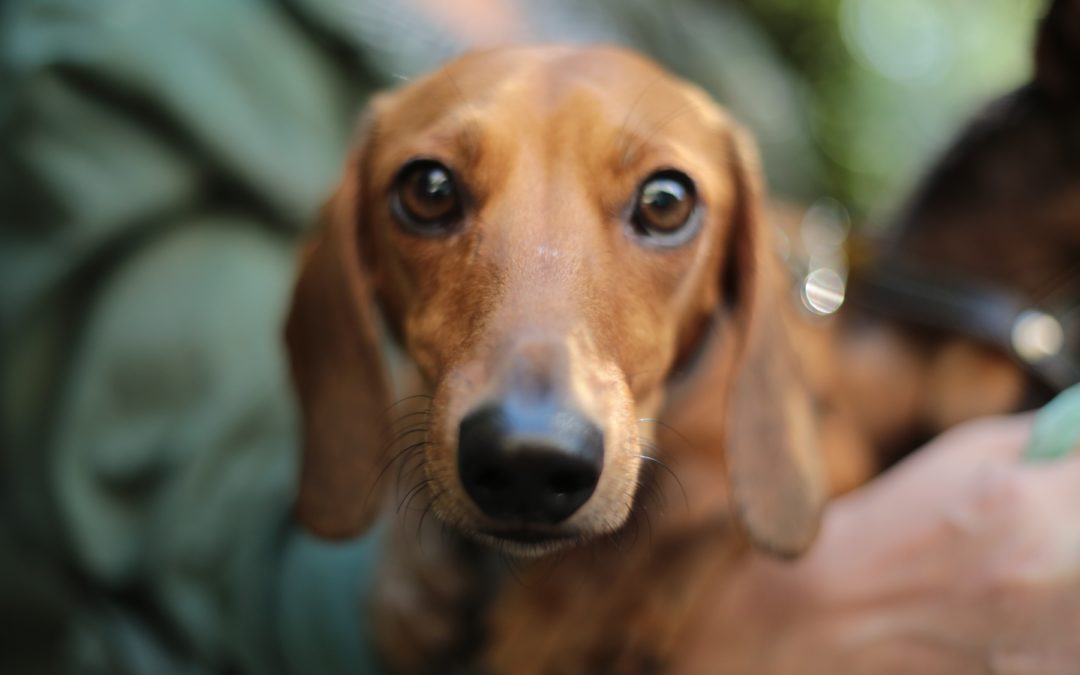March is Poison Prevention Awareness Month and in this month’s blog, we are going to focus on some common household items that you probably have in your home. Products in green are safe, red is not safe, and red/green may be conditional. I do want to note that even though a product may have been deemed as “safe” improper use may not be good for you or your pet. Also, monitor your pet’s individual response to household items as they may have an individual reaction to a product; should this happen, I would avoid using that product in the future. Always keep medications out of your pet’s reach and be aware of foods that are toxic to pets. If you have any questions regarding the information presented here or other pet toxins please feel free to comment or reach out to us directly. The team at Alpine Animal Hospital is here for you and your pets.

Bleach
Cleaning your pet’s cage or toy with a properly diluted bleach solution, followed by a thorough rinsing and airing out, is not expected to cause harm. If the odor of bleach seems overwhelming, open windows and use fans to air the room.
Carpet Fresheners
Proper use of carpet deodorizing products should not cause significant harm or injury to pets. Should your pet accidentally come in contact with the freshly applied powder, we recommend washing the paws with mild soap and water to avoid minor skin irritation.
Carpet Shampoo
Most carpet cleaning products can be used in pet households. Allow the carpet to dry before allowing pets into the area. This will help to prevent the risk of skin irritation or gastrointestinal upset.
Essential Oils
Cats are especially sensitive to essential oils, and effects such as gastrointestinal upset, central nervous system depression, and even liver damage could occur if ingested in significant quantities. Inhalation of the oils could lead to aspiration pneumonia. There are significant variations in toxicity among specific oils. Based on this, we would not recommend using essential oils in areas where your pets have access.

Fabric Softener Sheets
Fabric softeners contain cationic detergents. These detergents have the potential to cause significant signs like drooling, vomiting, oral and esophageal ulcers, and fever. These clinical signs do require treatment by a veterinarian. Oral ulcers can develop if a pet chews on a new, unused dryer sheet. Used sheets have minimal amounts of detergent. If an animal ingests enough sheets, used or dry, an intestinal blockage may occur.
Febreze
Contrary to rumors alleging that Febreze causes serious illness or death in pets, veterinary toxicology experts at APCC regard Febreze fabric freshener products to be safe for use in households with pets.
Scented Litter
When used around a healthy cat, scented litter is considered safe. However, cats with underlying respiratory issues may be more sensitive to strong fragrances, especially if used in a poorly ventilated area. When choosing pet products, always take your cat’s individual needs and home environment into consideration.
Swiffer Wet Jet
Swiffer Wet Jet products do not contain cleaning agents in large enough quantities to present serious health risks to pets.
Toilet Cleaning Tablets
Most toilet bowl cleaning tablets would not be expected to cause problems beyond minor stomach upset, should a dog take a drink of the diluted water in the toilet bowl. Bacterial-related gastrointestinal problems could occur from drinking stagnant toilet water, however, so it is still a good idea to discourage your dog from imbibing from the commode.
Vinegar and Water
A solution of vinegar and water is used as an inexpensive alternative to commercial cleaning agents. Vinegar is typically acidic, and vinegar (depending on the solution concentration) acts as an irritant. Ingesting concentrated, or undiluted, vinegar can cause vomiting, diarrhea, oral irritation, and pain.
Most cleaning agents can be used safely in homes if label recommendations are followed. So be sure to read labels and use products that are labeled as pet safe when possible.
Source: https://www.aspca.org/pet-care/animal-poison-control/poisonous-household-products
ASPCA Animal Poison Control Center Phone Number: (888) 426-4435

